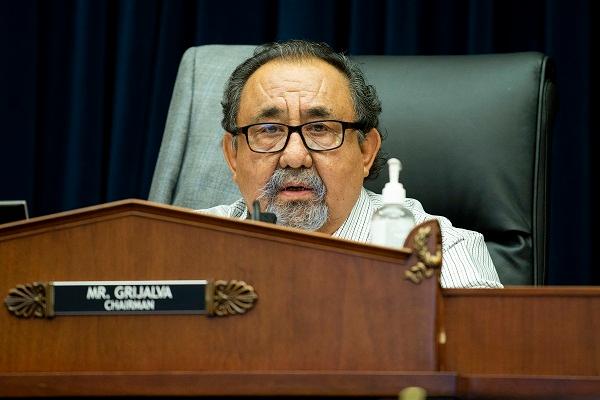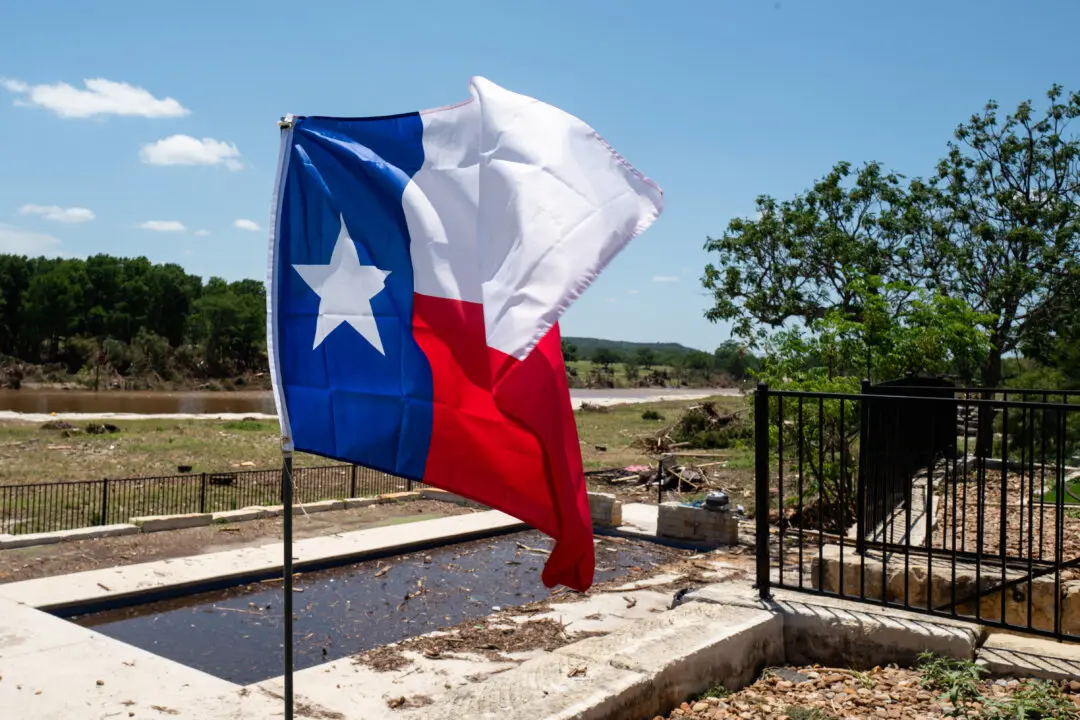Debate raged in the House Committee on Natural Resources during the markup of the committee’s $30-plus billion reconciliation instructions for the $3.5 trillion spending bill approved by the House on Aug. 24. Representatives introduced numerous amendments—including Rep. Lauren Boebert’s (R-Colo.) Amendment 223, which would cut roughly $3.5 billion in proposed funding for a new Civilian Climate Corps.
A letter by four Democratic Congress members making the case for the Civilian Climate Corps describes it as an updated version of the Depression-era Civilian Conservation Corps. A jobs program for 1.5 million people, the climate corps would “invest in natural climate solutions, clean energy, and resilience” and “address environmental justice.”





